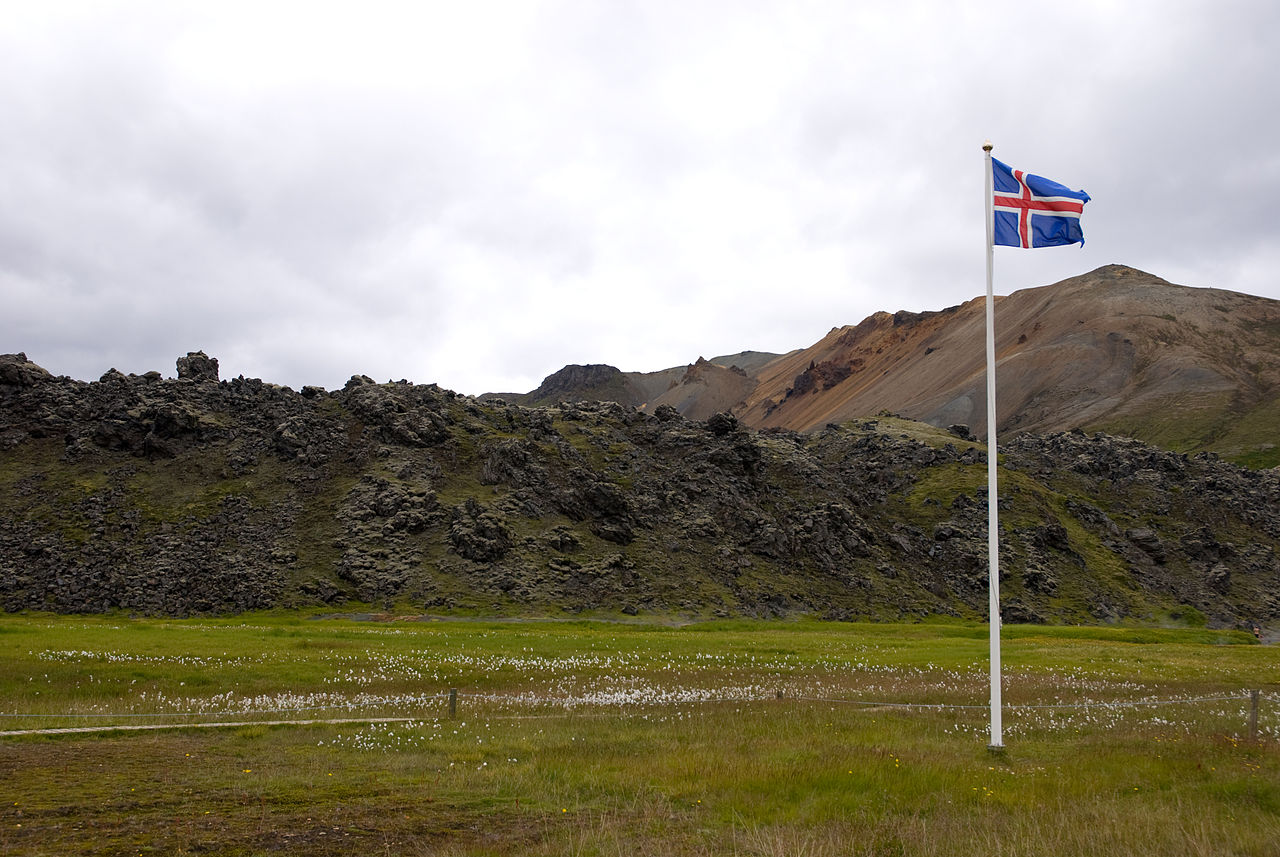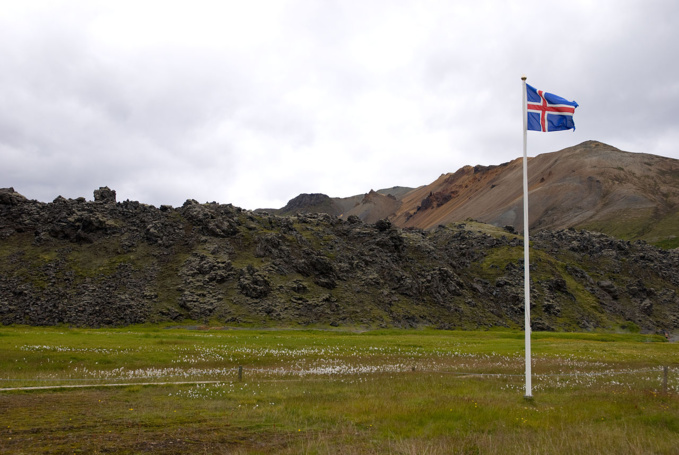Iceland cancels control over the movement of capital, which has operated since the financial crisis, CNBC reports. This measure was introduced in 2008, after the country's three largest banks - Glitnir, Landsbanki and Kaupthing - collapsed. Then, the financial organizations lost control over the capital, and their assets greatly exceeded size of the national economy. The decision comes into force starting from tomorrow, and local companies will be able to return to the international financial markets. Thus, abolition of control will affect private companies, pension funds and individuals.
Experts note that the decision became possible with advent of the new government. "Abolition of the rule will allow stabilizing the country’s currency and economy during the financial crisis. This marks Iceland’s return to the world financial markets", said Finance Ministry of Iceland in a statement.
This step was the first real action of the country’s new government and laid a foundation for strategic decisions.
"We can now look forward with a healthier, stronger and diversified economy," said Icelandic Finance and Economy Minister Benedikt Jóhannesson.
At that, Iceland’s national currency has not yet demonstrated growth. On the contrary, it fell by about 3% against the euro and the dollar on Monday. Analysts note that thus traders expressed their fears that this move could provoke an outflow of capital.
The government has begun to gradually abolish capital controls in 2016 by removing restrictions for local residents. For this year, Iceland is betting that the new actions will support tourism, and the country expects to receive about 2.4 million tourists this year.
Last June, Iceland offered Icelandic krona to foreign holders, including four funds - Autonomy Capital, Eaton Vance, Loomis Sayles and Discovery Capital Management. The government set exchange rate for them well below the market level to enable them to convert their bonds into foreign currency.
The funds, like other foreign investors, cannot withdraw their funds from instruments nominated in kroner because of the control over capital movements. Initially, the country was reluctant to abolish restrictions, as this would immediately lead to an outflow of capital from the country and sunken national currency.
Volume of Icelandic debt owned by foreign funds is equivalent to about 10% of the country's GDP compared to the peak at about 40%.
The Icelandic government’s concern can be easily understood, since 10% of GDP is a huge sum and a new blow on the economy will have a tremendous impact on every sphere of local life.
Reykjavik first wants to get all major debt holders out of the way for final abolition of capital restrictions. The solution to this problem is the last major part of the plan to abolish capital controls, which already included transferring losses to creditors of bankrupt banks and easing restrictions for state and local companies.
source: bbc.com
Experts note that the decision became possible with advent of the new government. "Abolition of the rule will allow stabilizing the country’s currency and economy during the financial crisis. This marks Iceland’s return to the world financial markets", said Finance Ministry of Iceland in a statement.
This step was the first real action of the country’s new government and laid a foundation for strategic decisions.
"We can now look forward with a healthier, stronger and diversified economy," said Icelandic Finance and Economy Minister Benedikt Jóhannesson.
At that, Iceland’s national currency has not yet demonstrated growth. On the contrary, it fell by about 3% against the euro and the dollar on Monday. Analysts note that thus traders expressed their fears that this move could provoke an outflow of capital.
The government has begun to gradually abolish capital controls in 2016 by removing restrictions for local residents. For this year, Iceland is betting that the new actions will support tourism, and the country expects to receive about 2.4 million tourists this year.
Last June, Iceland offered Icelandic krona to foreign holders, including four funds - Autonomy Capital, Eaton Vance, Loomis Sayles and Discovery Capital Management. The government set exchange rate for them well below the market level to enable them to convert their bonds into foreign currency.
The funds, like other foreign investors, cannot withdraw their funds from instruments nominated in kroner because of the control over capital movements. Initially, the country was reluctant to abolish restrictions, as this would immediately lead to an outflow of capital from the country and sunken national currency.
Volume of Icelandic debt owned by foreign funds is equivalent to about 10% of the country's GDP compared to the peak at about 40%.
The Icelandic government’s concern can be easily understood, since 10% of GDP is a huge sum and a new blow on the economy will have a tremendous impact on every sphere of local life.
Reykjavik first wants to get all major debt holders out of the way for final abolition of capital restrictions. The solution to this problem is the last major part of the plan to abolish capital controls, which already included transferring losses to creditors of bankrupt banks and easing restrictions for state and local companies.
source: bbc.com



















